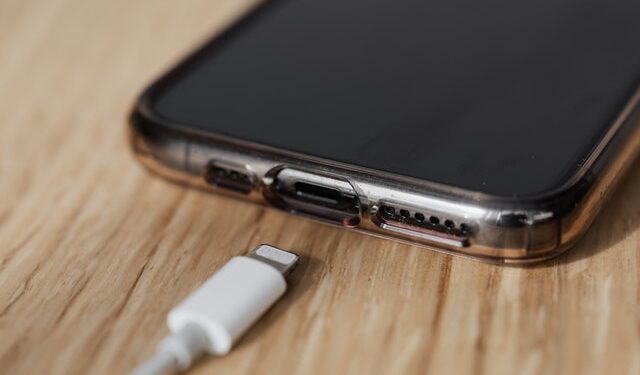
The epidemic of burnout among physicians and other healthcare professionals is here and it ain’t going away (yet). If anything, the COVID pandemic has worsened the statistics, understandably. This article explores the key underlying causes of physician burnout and moral injury: modern medicine, medical culture, and the medical personality.
Burnout in physicians is characterized by depletion of one’s emotional and physical resources leading to emotional exhaustion and a sense of being drained or “used up”. This can sometimes lead to negative, cynical, hostile attitudes and detached feelings towards patients, known as depersonalization.
We may lose the meaningfulness of work, and develop feelings of reduced personal accomplishment, of incompetence, and inefficiency in our work.
Associated manifestations include headache, insomnia, tension, anger, cognitive inflexibility, impaired memory and concentration, and thoughts of quitting. Additionally, moral distress and moral injury are increasingly recognized as features. Furthermore, there is an overlap with clinical depression and an ongoing debate on diagnostic classification.
Estimates of burnout among doctors are most recently at 43% on average. Rates are higher in some specialties, and in women doctors. Along with high burnout levels, doctors also suffer from higher rates of depression, anxiety, and suicide. It is generally accepted that physicians have double the risk of suicide than the general population. This is for complex reasons explored here. Often there is interplay between burnout, depression, addiction and suicide. Common to all is that they occur at higher rates in doctors.
How is it that intelligent, hard-working, generally well-paid and highly trusted professionals are suffering like this?
The answer, as with most things in medicine, is multi-factorial. Here we explore the key causes of physician burnout.
How is it that intelligent, hard-working, generally well-paid and highly trusted professionals are suffering like this?
Medicine has lost its soul. Somehow it has evolved from a vocation, a blend of science and art, into a corporatized assembly line where clinicians have lost much of their autonomy. Even the AMA agrees the medical system is broken.
When surveyed about the causes, clinicians point to a collection of systemic obstacles placed in their way: too many bureaucratic tasks, too much government interference, too little pay, too many hours at the office/hospital, and too much time in front of the computer filling in electronic health records (EHR).
Further established factors that contribute to physician burnout include excessive workloads, long working hours, specialty choice, frequent call duties (night call or weekend call), time spent at home on work-related factors, and the constant risk of medical malpractice suits.
Studies also report decreased control over the work environment, inefficient use of time due to administrative requirements, and loss of support from colleagues to be major factors. For every hour spent on patient interaction, the physician has an added one-to-two hours finishing the progress notes, ordering labs, prescribing medications, and reviewing results without extra compensation.
Personal circumstances contributing to burnout include sleep deprivation, over-commitment, and work–life imbalance, and an inadequate support system outside the work environment (e.g., having no spouse, partner, or children).
In a fascinating Forbes article series, Physician and CEO Dr Robert Pearl MD shines a light on the clash between organizations’ desire to generate data on performance and outcomes, and the challenges this brings to doctors. EHRs have enabled hospitals and insurers to rank doctors by outcomes – whether it’s mortality rates, complication rates, blood pressure, or HBA1c. For example, some physicians are reducing patient deaths from stroke, heart disease and cancer by 30% to 50% compared to other doctors in their state, community and even their own medical group.
This has made some of us uncomfortable – no-one likes getting a “comparative-performance report” comparing our performance unfavourably with others.
The reality is that comparative-performance reports don’t inspire doctors to improve on behalf of their patients. Rather, they cause them to compete with others in their specialty, encouraging doctors to view their colleagues as threats”
People who become doctors have several commonly recognized personality types. Personal characteristics associated with burnout include being self-critical, engaging in unhelpful coping strategies, perfectionism, and idealism.
As we’ve previously examined, these personality traits can be a double-edged sword. While traits like conscientiousness, agreeableness, neuroticism are helpful in being a successful and safe clinician, they can have their downsides.
Moreover, in extremes they can contribute to burnout, depression, and worse:
“Physicians are by nature very competitive, task-driven, perfectionists, with very strong egocentric personalities. Medical training further accentuates the problem...“- Alan H Rosenstein MD MBA.
In Part 1 we look at modern medicine, metrics, and the medical personality as causative factors towards physician burnout. In Part 2 we will look at the role of medical training and leadership in causing doctor burnout.
